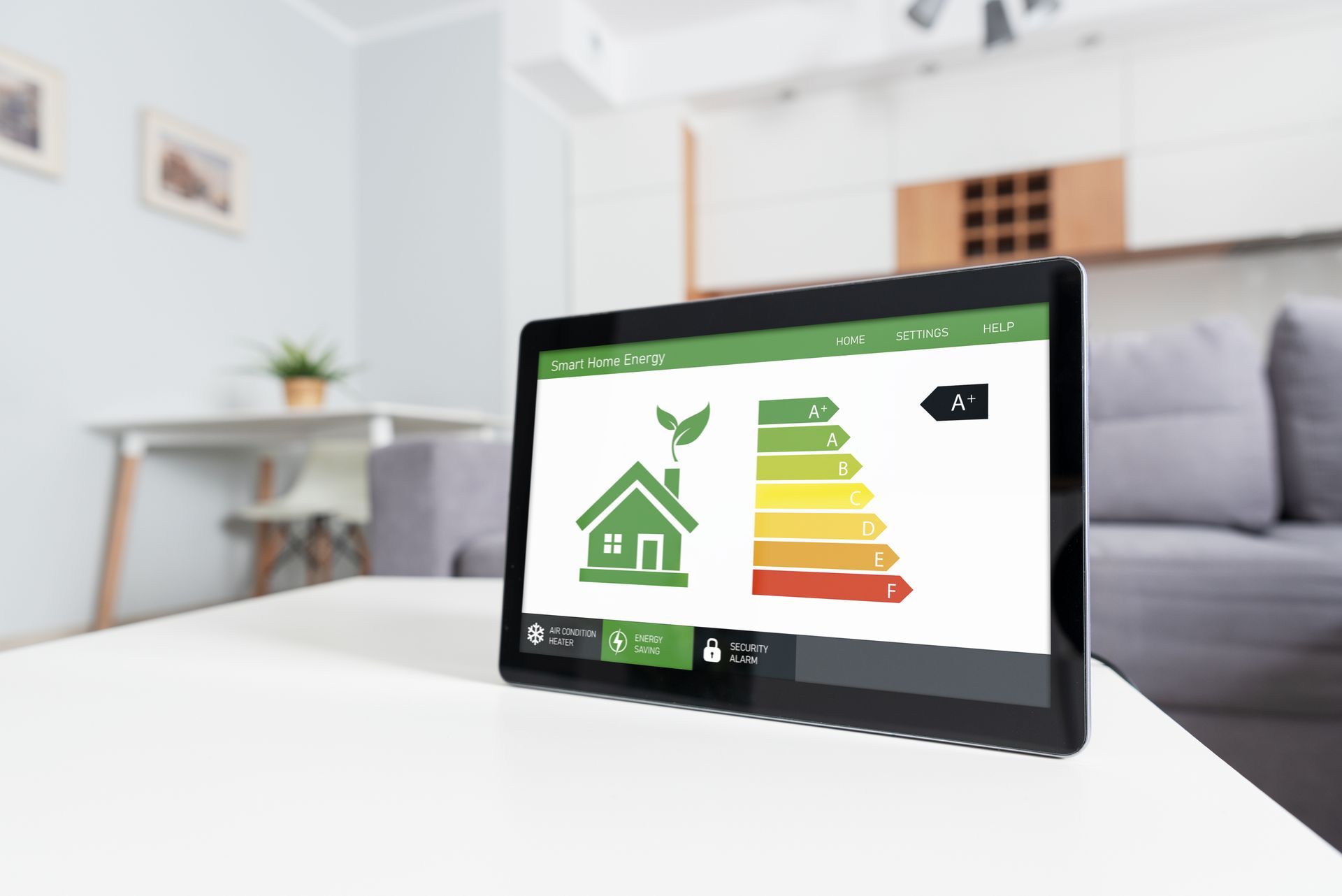Illuminating Your Investment: How Solar Panels Boost Home Value in Southern California
In the sunny expanse of Southern California, solar power is more than just a way to reduce utility bills—it’s a significant investment in your property. As environmental awareness increases and technology advances, more homebuyers are recognizing the value of homes equipped with solar energy systems.
1. Increased Property Value:
Studies consistently show that homes with solar energy systems sell for more than homes without them. According to a Lawrence Berkeley National Laboratory report, homes with solar panels tend to sell for a premium, with buyers willing to pay additional dollars per watt of installed solar capacity.
- Premium Pricing: This premium can be particularly significant in Southern California, where sunlight is abundant. The exact increase in home value can vary, but it is generally aligned with the cost of the installed solar system and the savings on energy costs it provides.
2. Attractiveness to Buyers:
Solar panels are attractive for home buyers concerned about rising energy costs and environmental impact. Saving on electricity immediately upon purchase is a compelling selling point.
- Market Trends: In environmentally conscious markets like Southern California, homes with solar installations sell faster than those without. Solar panels are viewed as upgrades, like a renovated kitchen or a new roof, making your property stand out in the competitive real estate market.
3. Energy Independence:
Solar power significantly reduces reliance on the grid, providing homeowners with energy security. This can be particularly attractive in areas prone to power outages or high electricity prices.
- Backup Power: Battery storage systems allow solar panels to provide uninterrupted power during outages, adding further appeal and value to the property.
4. Reduced Carbon Footprint:
More buyers are looking for sustainable living options that minimize environmental impact. Solar homes offer this benefit, which aligns with the growing societal push towards sustainability.
- Green Certification: Homes with solar panels might also qualify for green certification programs, further enhancing their attractiveness to potential buyers who prioritize eco-friendly living.
5. Potential for Future Savings:
While the upfront cost of solar installation can be substantial, the long-term savings on energy costs are a huge draw. Homebuyers often consider the return on investment in terms of energy savings when purchasing a solar-equipped home.
- Incentives and Rebates: Additionally, various federal, state, and local incentives, including tax rebates and credits for solar panel installation, can mitigate the initial installation costs and enhance the investment appeal of solar properties.
6. Considerations for Sellers:
If you’re considering selling your home with an existing solar energy system, it’s important to highlight the benefits in your home listing. Be prepared to provide potential buyers with documentation such as:
- Energy Bills: Show past energy bills to demonstrate the cost savings from solar panels.
- Maintenance Records: Provide details on the system's upkeep and any warranties that can be transferred to the new owner.
Solar panels are a smart investment in Southern California’s robust real estate market. They enhance your home's appeal and market value and contribute to a sustainable future. Whether you're planning to sell your home soon or looking ahead, adding a solar energy system can be a lucrative upgrade that sets your property apart in the bustling Southern California housing market.
Ready to Go Solar?
If you're considering installing solar panels or want more information about how it can impact your property value,
contact a local solar provider today. They can provide a tailored estimate of the costs and benefits, helping you make an informed decision that could significantly enhance your home's value and appeal.


